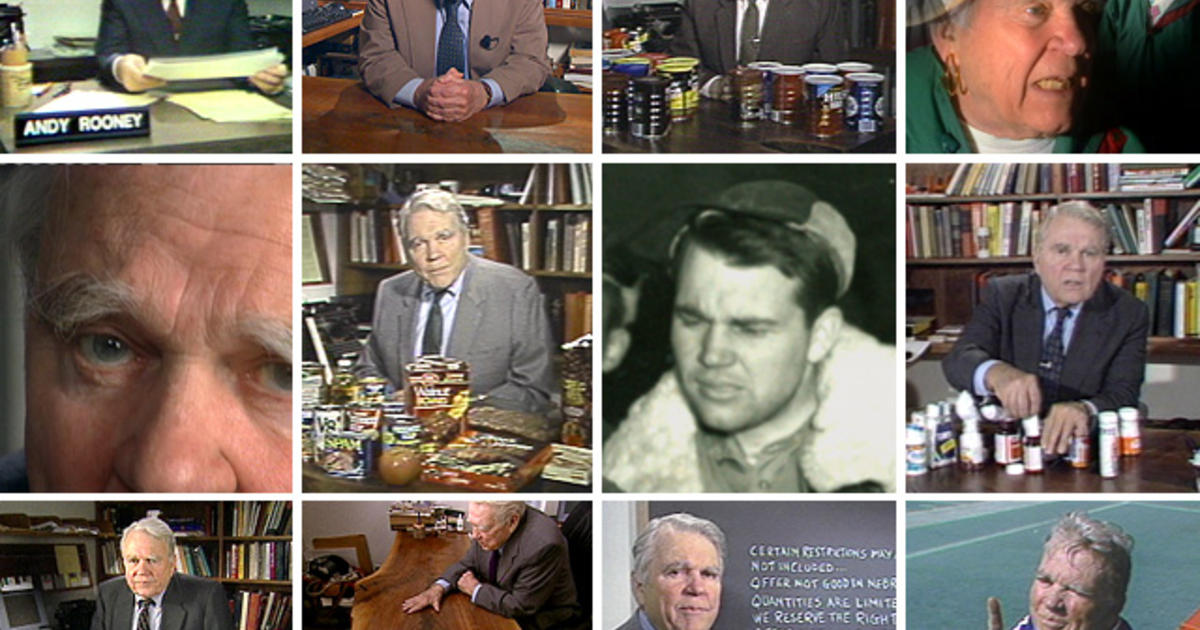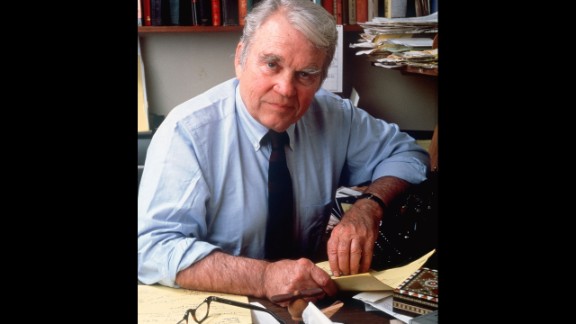

Rooney told his friend andĦ0 Minutes colleague Morley Safer that he had initially been a reluctant warrior. He left Colgate University during World War II to become a reporter for the Army publication It was also a new and defining chapter in Rooney's career.Īndy Rooney was born in Albany, N.Y., in 1919.

The segment soon became a distinctive and weekly bookend to the show's exposes and profiles. It turns out that the Fourth of July is really a very safe weekend for us," said Rooney, ever the contrarian. the total picture of our demise in America.

"We were curious about the car death figures and. It was initially called "Three Minutes or So With Andy Rooney." On it, he quipped about everyday subjects, like warnings over the perils of driving during the Independence Day holiday:

And not just on TV: He typically refused to sign autographs or return letters from fans.Ħ0 Minutes started on July 2, 1978. Rooney was one of the most famous curmudgeons in American public life. Just a month ago, he delivered his last regular essay on the CBS newsmagazine. Andy Rooney was a signature essayist on the CBS news programĬBS said Rooney died Friday night in New York of complications following minor surgery last month. “A writer’s job is to tell the truth.A distinctive voice - and character - in television news has died. He said he probably hadn’t said anything on “60 Minutes” that most of his viewers didn’t already know or hadn’t thought. In fact, he said, the Fourth of July is “one of the safest weekends of the year to be going someplace.”įor his final essay last month, Rooney said that he had lived a life luckier than most. He complained about people who keep track of how many people die in car accidents on holiday weekends. “60 Minutes” aired its first Andy Rooney commentary on July 2, 1978. Rooney and his wife, Marguerite, were married for 62 years before she died of heart failure in 2004. 14, 1919, in Albany, N.Y.Ĭollege at Colgate University was cut short by World War II, when Rooney worked for Stars and Stripes. Gay-rights groups were mad, during the AIDS epidemic, when Rooney mentioned homosexual unions in saying “many of the ills which kill us are self-induced.”Īndrew Aitken Rooney was born Jan. Rooney, who was arrested in Florida while in the Army in the 1940s for refusing to leave a seat among blacks on a bus, was hurt deeply by the charge of racism. CBS suspended him for three months in 1990 for making racist remarks in an interview, which he denied. Rooney’s words sometimes landed him in hot water. “60 Minutes” will end its broadcast tonight with a tribute to Rooney by veteran correspondent Morley Safer. Rooney won one of his four Emmy Awards for a piece on whether there was a real Mrs. But he was just as likely to discuss the old clothes in his closet, why air travel had become unpleasant and why banks needed to have important-sounding names. Rooney talked on “60 Minutes” about what was in the news, and his opinions occasionally got him in trouble. “Andy always said he wanted to work until the day he died, and he managed to do it, save the last few weeks in the hospital,” said his “60 Minutes” colleague Steve Kroft. Rooney had gone to the hospital for an undisclosed surgery, but major complications developed and he never recovered. But his life after the end of “A Few Minutes With Andy Rooney” was short: He died Friday night, according to CBS, only a month after delivering his 1,097th and final televised commentary. NEW YORK - Andy Rooney so dreaded the day he had to end his signature “60 Minutes” commentaries about life’s large and small absurdities that he kept going until he was 92 years old.Įven then, he said he wasn’t retiring. Digital Replica Edition Home Page Close Menu


 0 kommentar(er)
0 kommentar(er)
